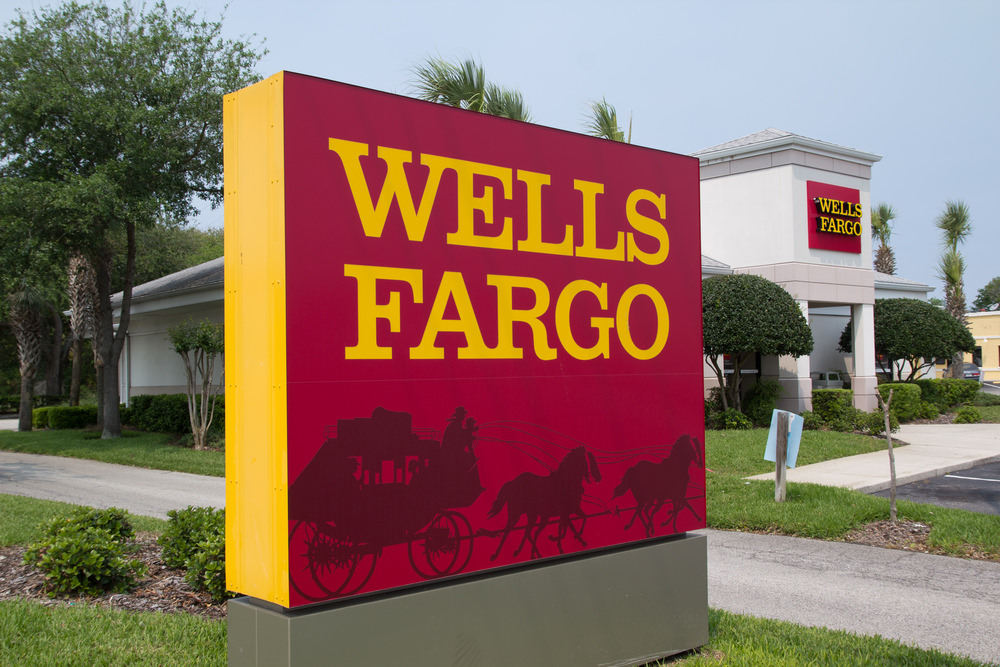
Wells Fargo Holds Summit on Bitcoin Engagement
Wells Fargo bank has assembled a group of experts that met in San Francisco today to discuss the "rules of engagement" for bitcoin, the company has confirmed.
Digital currency experts, executives from the finance industry, and members of the US government are all said to be on the action team to discuss the bank's attitude to bitcoin in the future. The group was assembled by Jim Richards, the head of anti-money-laundering at the bank.
Bitcoin is becoming an increasingly visible part of the monetary landscape, garnering not only a report from the Congressional Research Service last month, but also warranting two hearings from Congressional committees, one of which explored banking regulation as a discrete topic.
At that November hearing, banking industry representatives called for more regulation of the digital currency, arguing that controls were needed to ensure that illicit transactions could not take place. Regulation was needed to "legitimize" the digital currency, warned Paul Smocer, the president of BITS. BITS is the technology policy division of The Financial Services Roundtable – an industry body set up by the financial services industry to explore approaches to new technologies.
Bitcoin companies have traditionally been plagued by strained banking relationships. Banks have closed accounts without warning, or simply refused to open them at all. Some companies have negotiated working partnerships. Coinlab famously signed an agreement with Silicon Valley Bank last year, although since then, grassroots reports have emerged of others being refused accounts. Tradehill, an exchange for high net worth individuals, ceased trading after the firm's relationship with the Internet Archive Credit Union, fell through.
Government regulations already steer bitcoin policy for Wells Fargo, which is a federally regulated entity. "It’s a rapidly evolving area, and there has been some guidance shared. But what we have seen says in part that administrator exchanging it for federal currency is a money transmitter under federal regulations," the Wells Fargo spokesperson said, explaining why it is so difficult to have a clear policy on whether it will do business with a bitcoin-based company.
It is still unclear what will transpire from the meeting, and how positive the group will be toward bitcoin. Indeed, one legal contact of CoinDesks's refused to comment on the story until more substantive news emerged of the firm's position. Wells Fargo would not reveal which people were involved in the discussion, and as testimony at the banking hearing showed, opinions differ wildly on how aggressive regulators should be toward bitcoin.
Nevertheless, the fact that Wells Fargo is holding the meeting at all must be a positive sign for the digital currency community. It is the largest bank by market capitalisation, and has over 9000 retail branches across the US. Any clarity in banking policy at this level will doubtless steer opinion elsewhere in the banking community.
"Wells Fargo could remake the Bitcoin business in the US overnight," said Ryan Singer, co-founder of Tradehill, who has since left to pursue another company in the bitcoin security space. "They have the expertise, knowledge and clout necessary to deal with concerns about AML compliance and banking risk. If they are truly getting close to being ready to experiment with bitcoin, then every bitcoin startup should be lining up to learn more. It's also worth mentioning that they are active FinTech investors."
Wells Fargo image via Shutterstock
DISCLOSURE
The leader in news and information on cryptocurrency, digital assets and the future of money, CoinDesk is a media outlet that strives for the highest journalistic standards and abides by a strict set of editorial policies. CoinDesk is an independent operating subsidiary of Digital Currency Group, which invests in cryptocurrencies and blockchain startups. As part of their compensation, certain CoinDesk employees, including editorial employees, may receive exposure to DCG equity in the form of stock appreciation rights, which vest over a multi-year period. CoinDesk journalists are not allowed to purchase stock outright in DCG.

